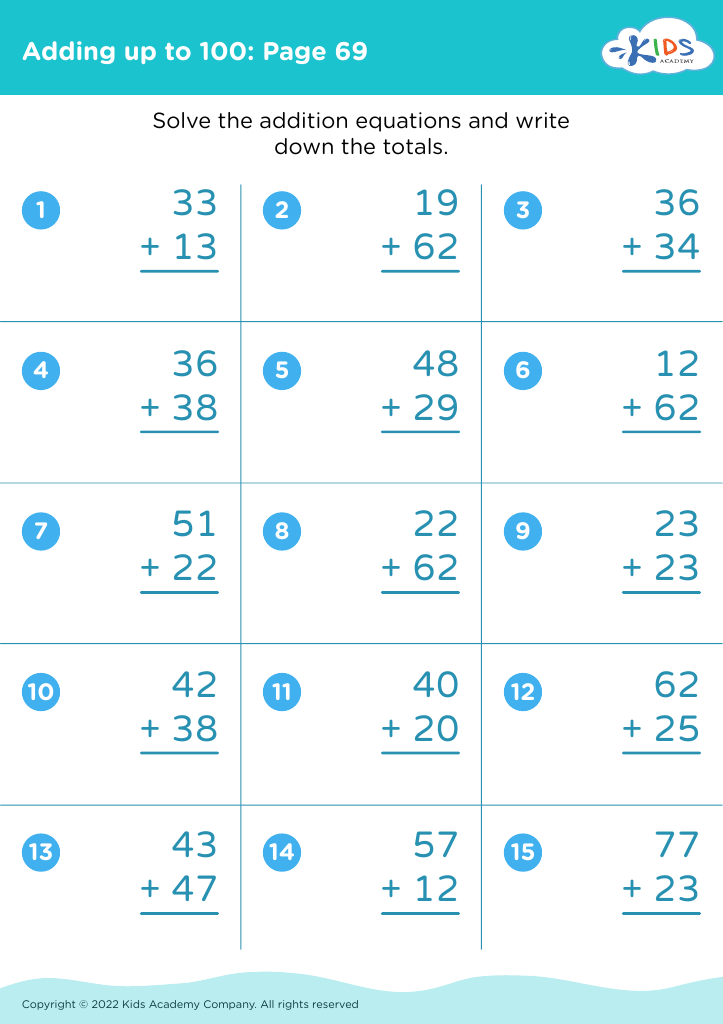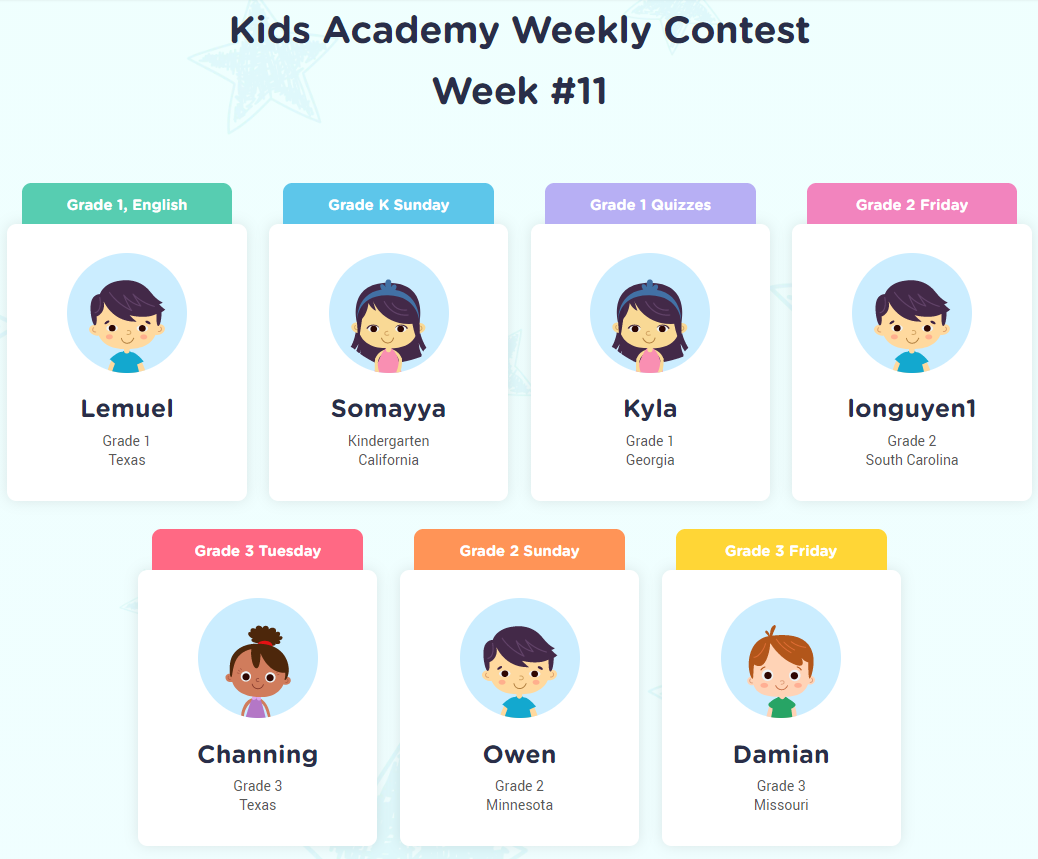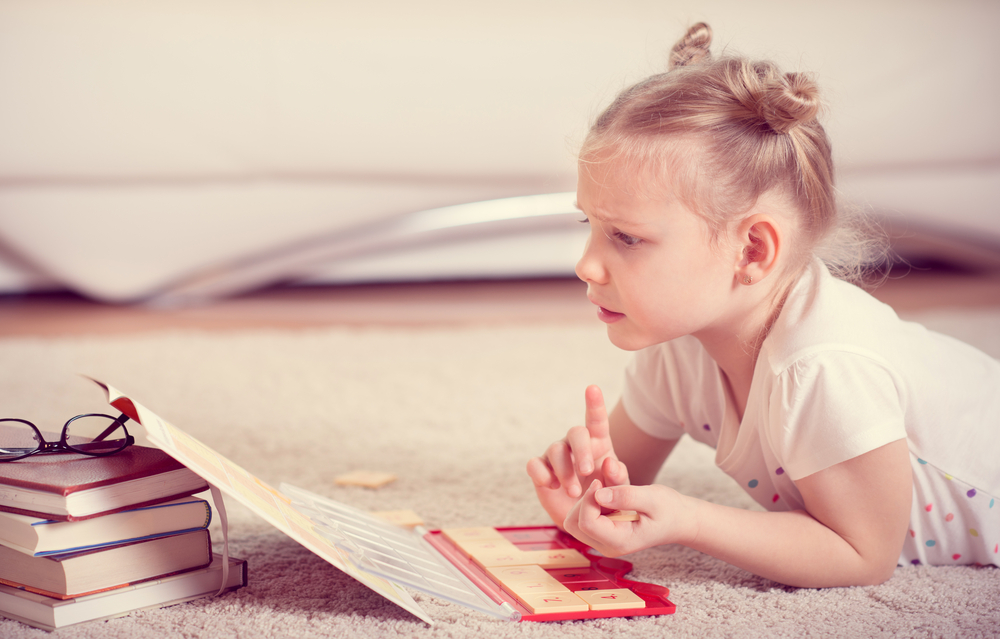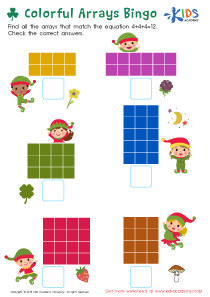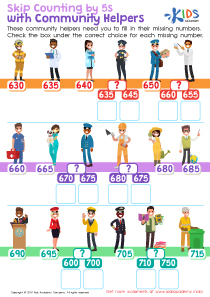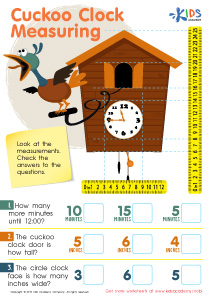Logical Reasoning Grade 2 Math Worksheets
14 filtered results
-
From - To
Discover our engaging Logical Reasoning Grade 2 Math Worksheets designed to enhance critical thinking and problem-solving skills in young learners. These worksheets provide a variety of fun, interactive exercises that challenge students to analyze, infer, and connect ideas through math-related puzzles and games. Skillfully crafted to align with grade-level standards, each worksheet encourages exploration of patterns, sequences, and relationships, making math both enjoyable and educational. Ideal for classroom use or at-home learning, our materials are perfect for reinforcing logical reasoning in a structured yet playful way. Equip your second graders with the essential skills they need for academic success today!


Enrichment -2 Step Word Problems Worksheet
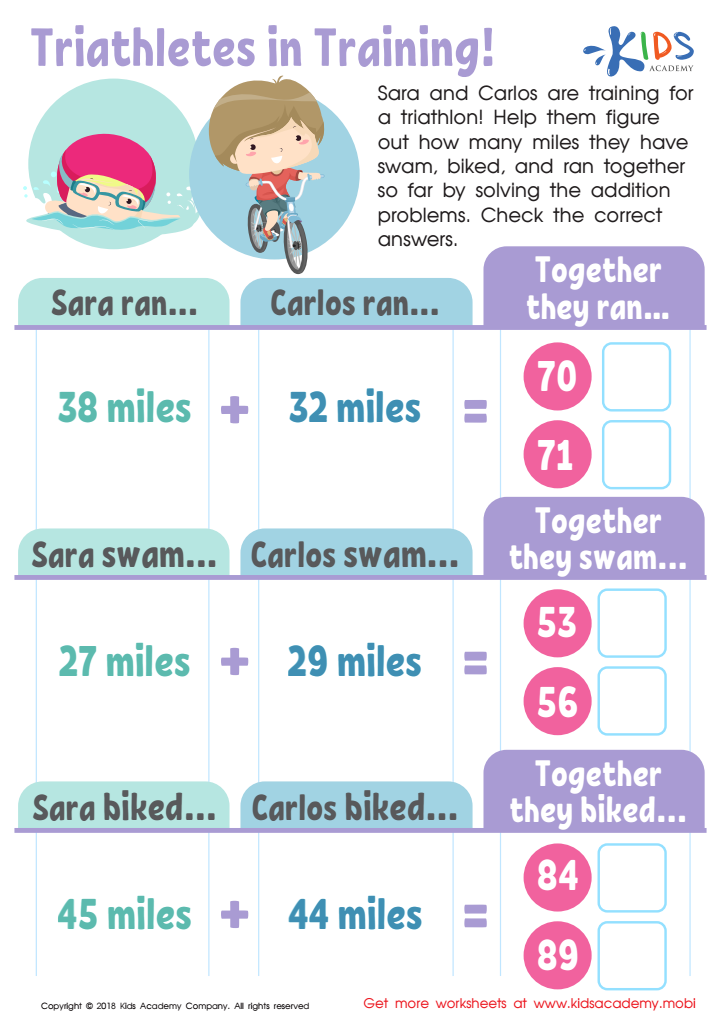

Triathletes in Training Worksheet
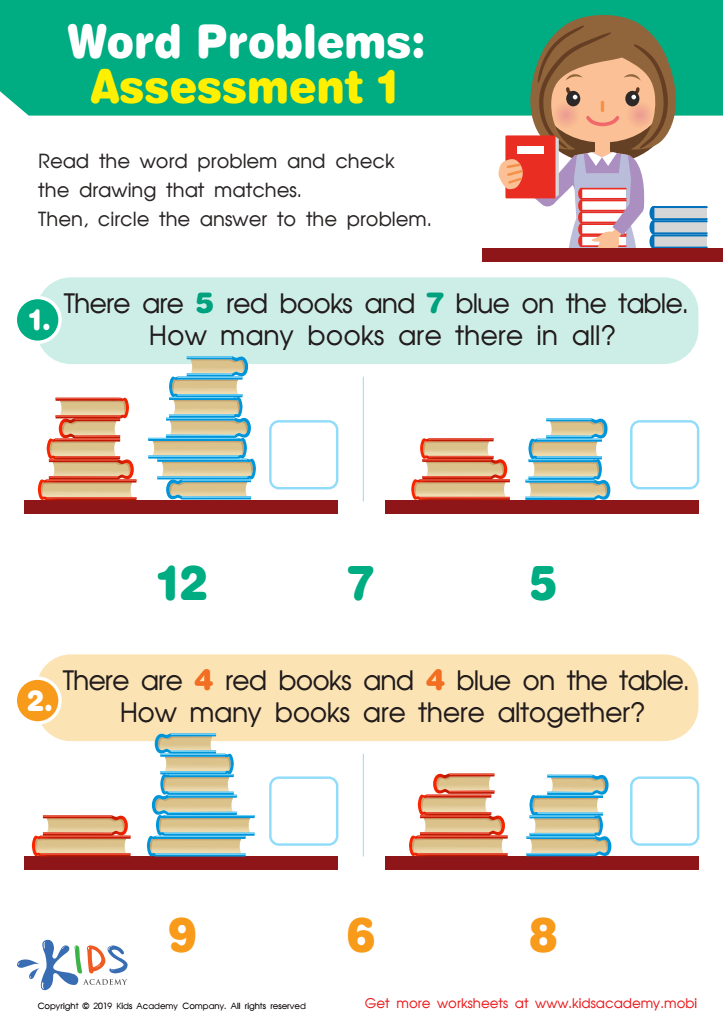

Word Problems: Assessment 1 Worksheet


Solve the Problem: Trick–or–treating Worksheet
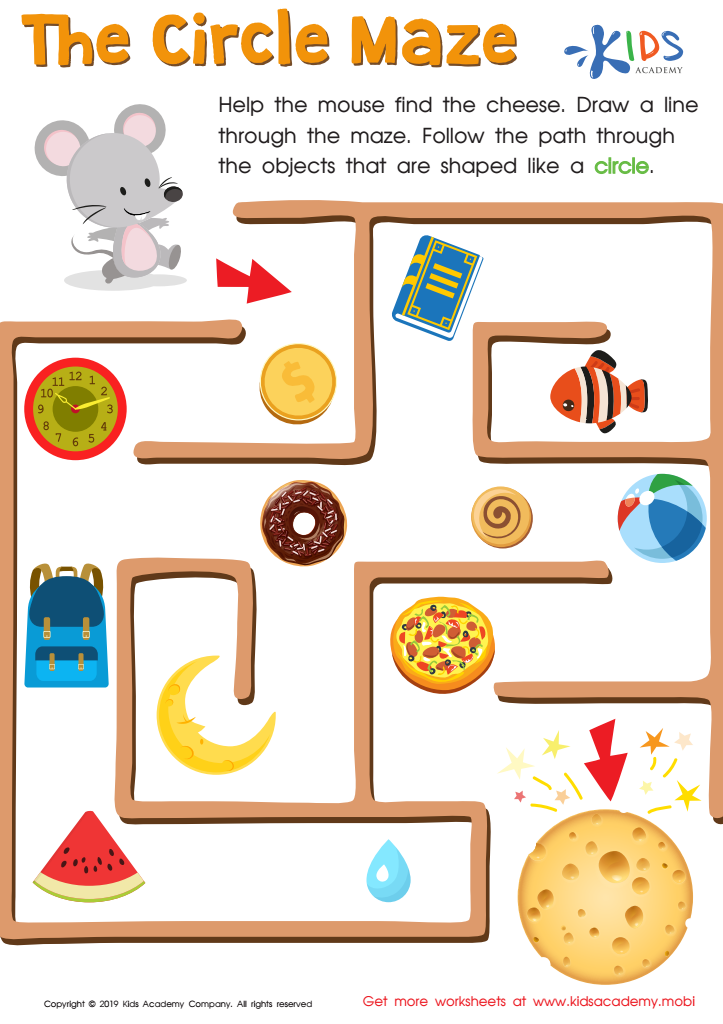

The Circle Maze Worksheet


Word Problems: Assessment 2 Worksheet


Addition and Subtraction: Word Problems Worksheet
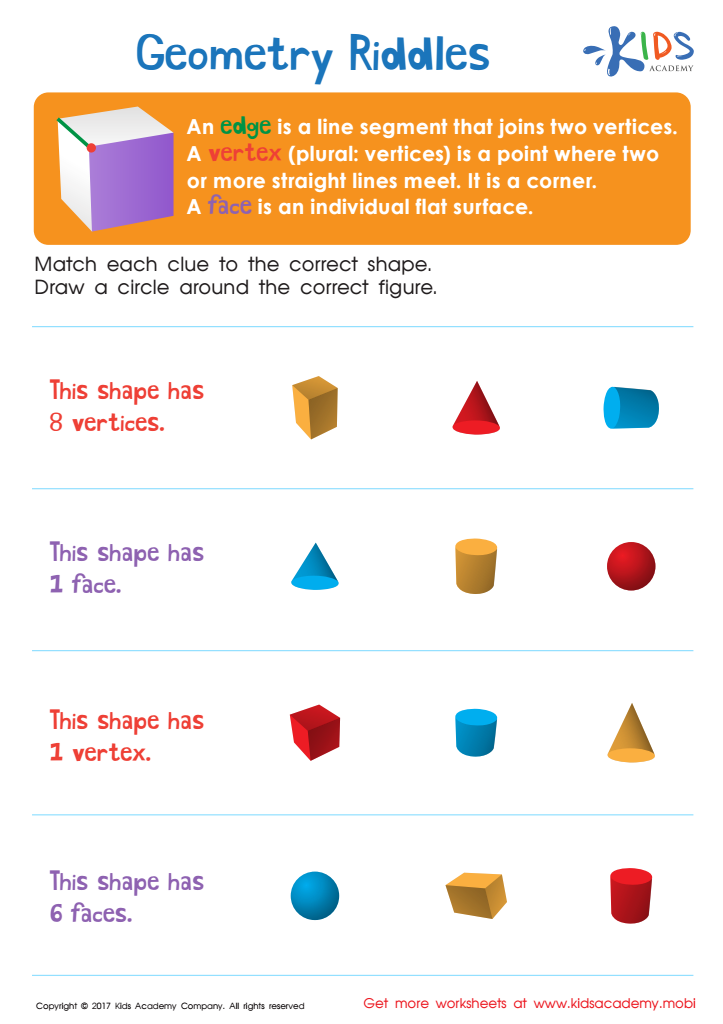

Geometry Riddles Printable
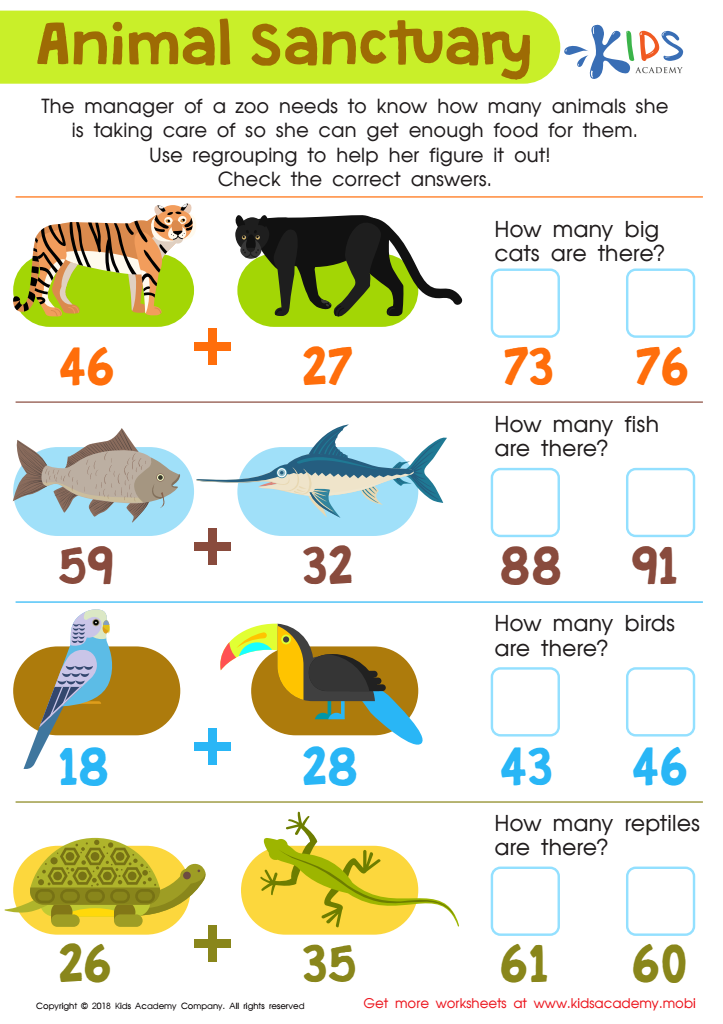

Animal Sanctuary Worksheet
Logical reasoning in Grade 2 mathematics is crucial for a child's overall cognitive development and problem-solving skills. At this stage, children transition from concrete to more abstract thinking, enabling them to make connections between ideas and apply learned concepts to new situations. Developing logical reasoning helps them comprehend patterns, sequences, and relationships—skills essential not only in math but across various subjects.
Parents and teachers should care about fostering these skills because they serve as the foundation for higher-level thinking and critical analysis. When children engage in logical reasoning, they learn to approach problems methodically, boosting their confidence and academic performance. Moreover, a strong grounding in logical reasoning encourages perseverance and resilience, important traits both academically and in everyday life.
Additionally, fostering logical reasoning sets the stage for understanding complex concepts in later grades, such as algebra and geometry. This early exposure can reduce anxiety around math and instill a love for learning, creating lifelong learners. By prioritizing logical reasoning in early education, parents and teachers are equipping children with the tools they need to navigate a world filled with challenges and complexities. Thus, nurturing these skills is an investment in a child’s future success and well-being.
 Assign to My Students
Assign to My Students






